Oh, it is not death that frightens me, but the impossibility of imparting some meaning to my past
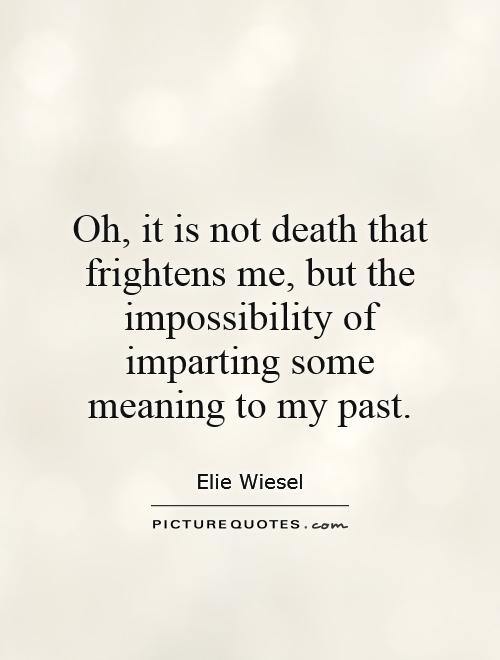
Oh, it is not death that frightens me, but the impossibility of imparting some meaning to my past
Elie Wiesel, a Holocaust survivor and Nobel laureate, once said, “Oh, it is not death that frightens me, but the impossibility of imparting some meaning to my past.” These words encapsulate the profound struggle that Wiesel faced in trying to make sense of the horrors he experienced during the Holocaust and the impact it had on his life.Wiesel was just a teenager when he and his family were deported to Auschwitz, where he witnessed unimaginable atrocities and suffered unspeakable horrors. Despite surviving the Holocaust, Wiesel struggled with survivor's guilt and the burden of bearing witness to the atrocities he had seen. He grappled with the question of how to make sense of the senseless violence and suffering he had experienced, and how to find meaning in a world that seemed devoid of it.
For Wiesel, the fear of death was not what haunted him the most, but rather the fear of not being able to give meaning to his past. He felt a deep sense of responsibility to remember and honor the memories of those who perished in the Holocaust, and to ensure that their stories were not forgotten. Wiesel believed that by bearing witness to the atrocities of the Holocaust and speaking out against injustice, he could give meaning to his own past and honor the memories of those who had died.
Throughout his life, Wiesel dedicated himself to speaking out against hatred, intolerance, and indifference. He used his platform as a writer and activist to raise awareness about the Holocaust and to advocate for human rights and social justice. Wiesel's words and actions served as a powerful reminder of the importance of remembering the past and learning from the mistakes of history.
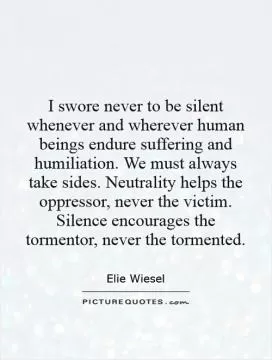
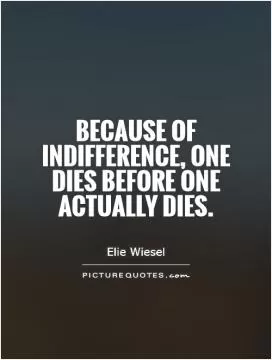


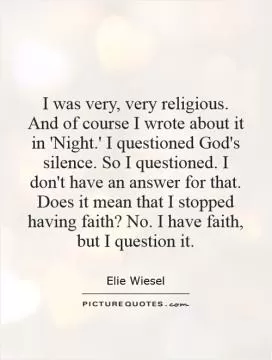
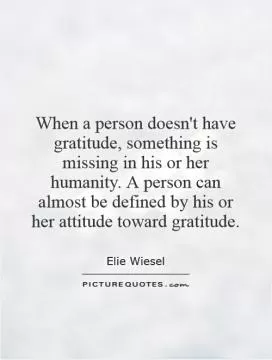






 Friendship Quotes
Friendship Quotes Love Quotes
Love Quotes Life Quotes
Life Quotes Funny Quotes
Funny Quotes Motivational Quotes
Motivational Quotes Inspirational Quotes
Inspirational Quotes